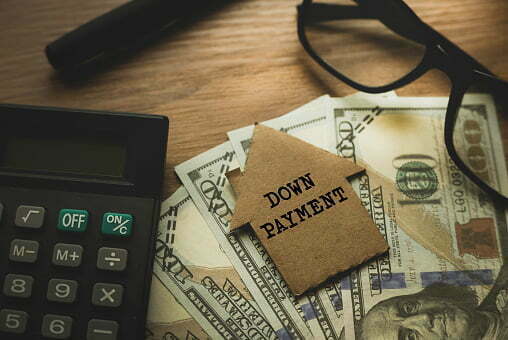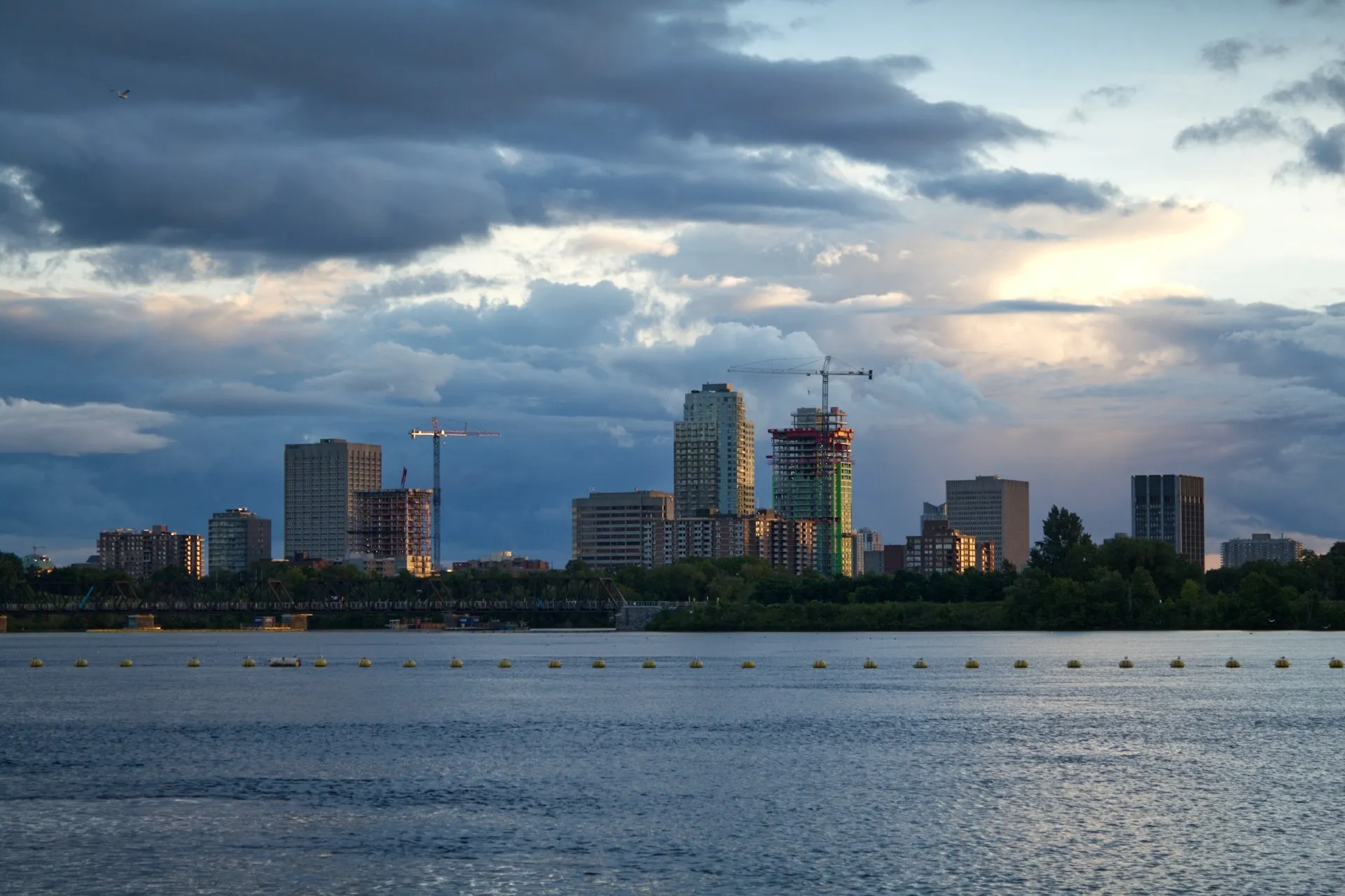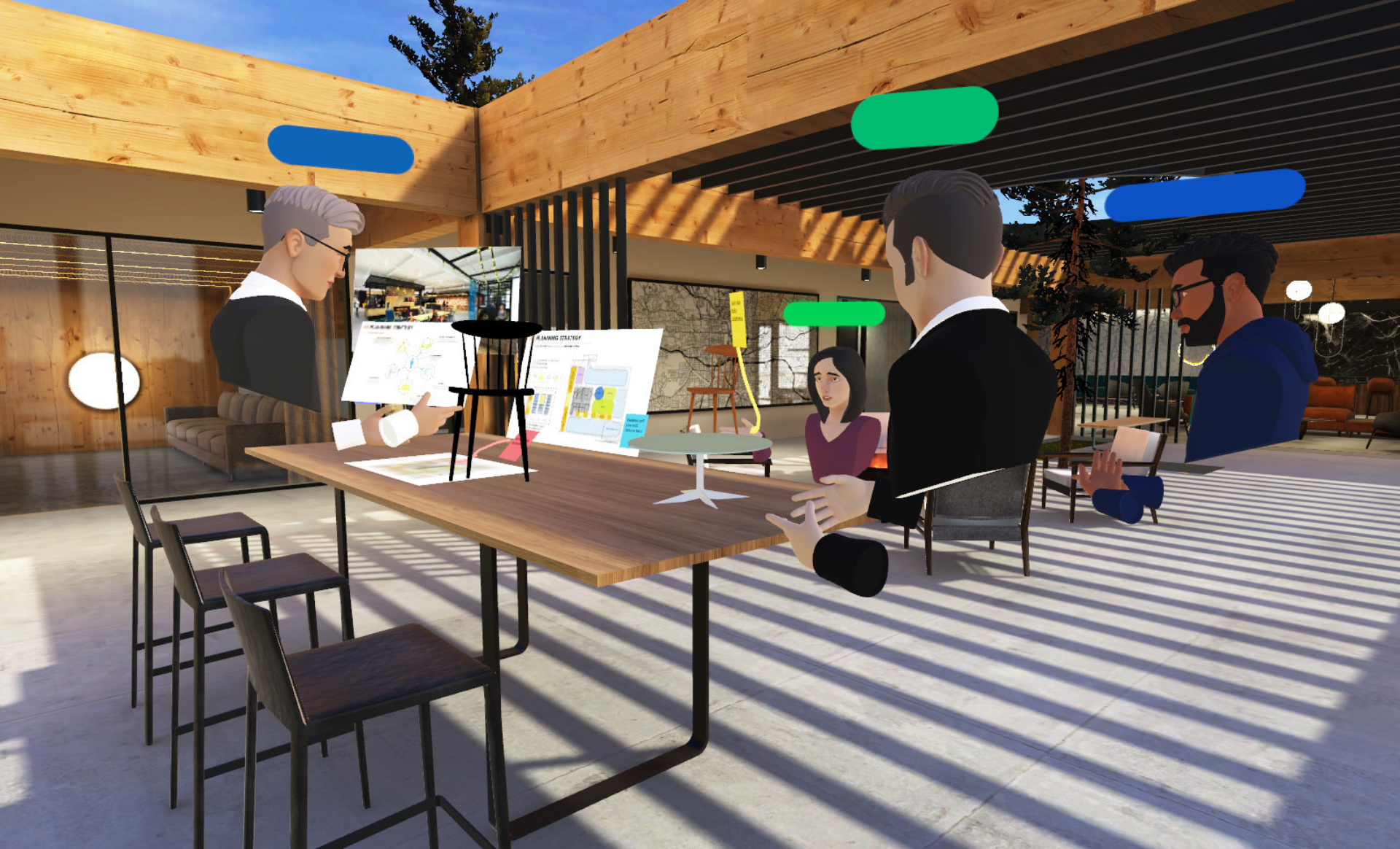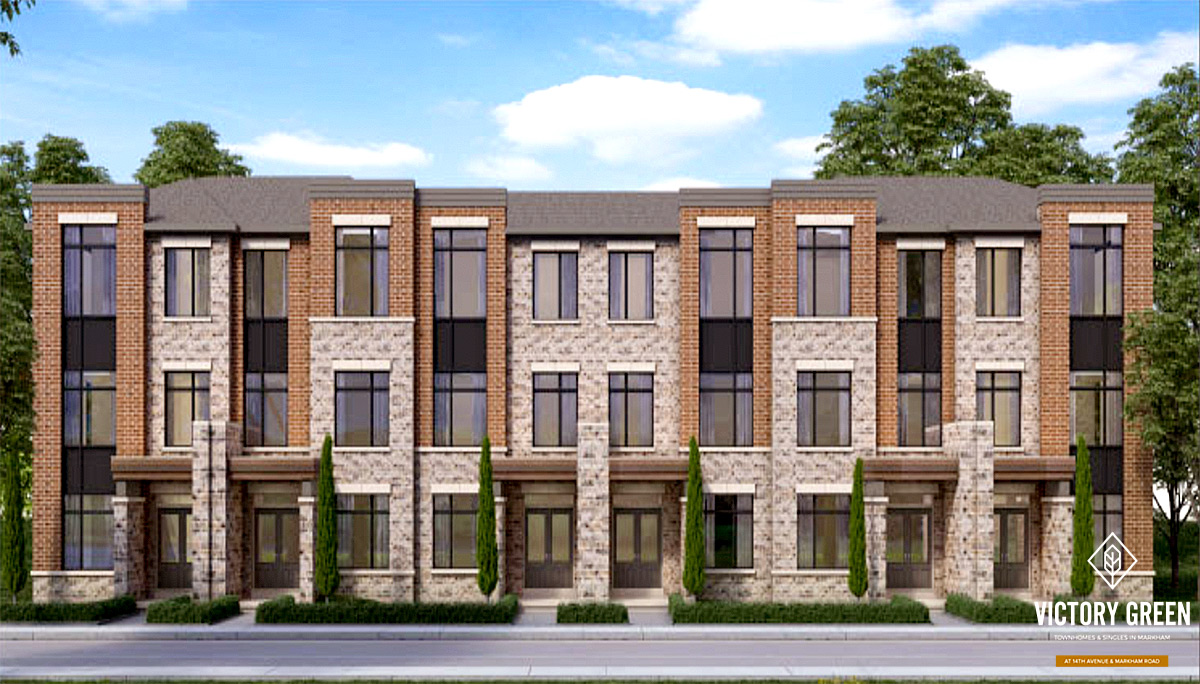
Deposit protection eases homebuying stress
Putting down a sizable deposit to secure the purchase of a new-construction house or condominium is a significant step in the home-buying process. Similar to the rising cost of housing, the cost of making a deposit has also increased dramatically.
If you make a down payment on a new house but are unable to close the deal because the builder declares bankruptcy or otherwise materially breaks the purchase agreement, your deposit may be protected by a government agency. Even if situations like these don’t arise often, it’s comforting to know you’re covered. If you end the purchase agreement due to a legal requirement, your deposit may still be protected.
FREEHOLD PROPERTY DEPOSIT
Deposits on freehold properties signed before January 1, 2018, are covered up to a maximum of $40,000. For contracts signed on or after January 1st, 2018, the amount of your security deposit insurance will be proportional to the price of your new house. In the case of a new freehold home costing $600,000 or less, for instance, a deposit of up to $60,000 would be compensated. You are covered for up to 10% of the purchase price, or $100,000, whichever is greater, if the total price is more than $600,000.
Payment plans for condos
The buyer of a condo can choose between two different deposit protection levels. To begin, the Condominium Act mandates that all deposits be held in trust by the developer. This ensures that your money is safe. The developer has 10 days to return your entire deposit if the purchase agreement is cancelled.
Additional features and enhancements
Putting money into enhancements and accessories for your new house can increase its resale price. Hardwood floors, quartz or granite countertops, upgraded cabinetry, and tiled bathrooms are all examples of popular renovations. Features like central air conditioning and fireplaces are possible upgrades. The deposit protection has been extended to include any payments made to the builder for improvements or extras, allowing you to rest easy knowing your money is safe.
When it comes to deposits, what exactly is not protected?
If you put down money to hold a reservation on a new construction house or condo before signing a purchase agreement, that money is not safe. If this is the case, you should request that the contractor hold the payment in escrow and acquire a receipt. Buying a brand-new house or apartment complex is a substantial financial commitment, perhaps the biggest of your whole life. It’s reassuring to know that the money you put down on a house is safe, giving you less thing to fret over in your hunt.









